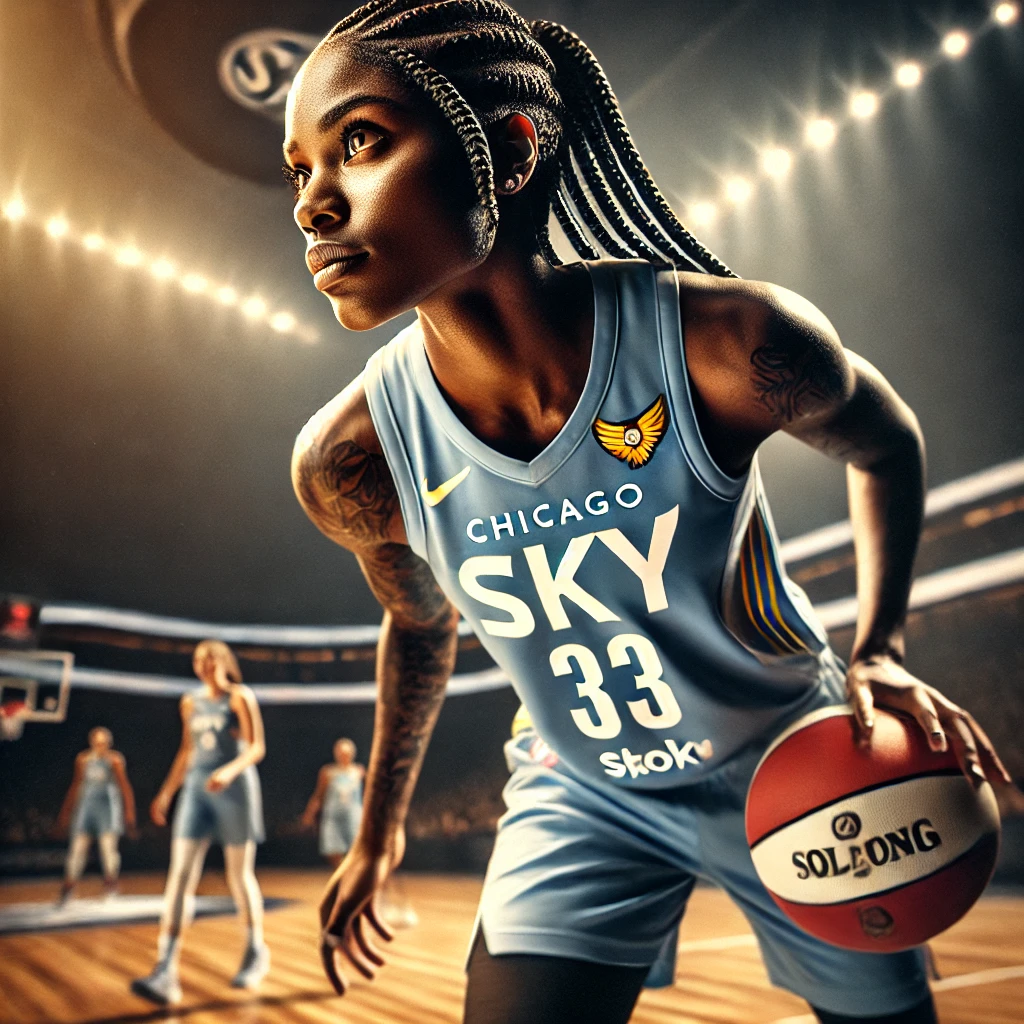Despite being one of the most prominent faces of the WNBA, Angel Reese’s salary as a rookie in the league is far from sufficient to cover her living expenses. Reese, a forward for the Chicago Sky, candidly opened up about the financial realities she faces as a professional athlete, revealing that her WNBA salary of $73,439 doesn’t even come close to meeting her basic needs.
More Than Just a WNBA Player
Despite the challenges of living on her WNBA salary, Reese is in a far better financial position than many of her peers. Back in her college days at LSU, her marketability skyrocketed, landing her endorsement deals with major brands like Reebok, Beats by Dre, and Reese’s Pieces, and catapulting her to a $1.8 million valuation by On3 for her name, image, and likeness (NIL). This puts her among the highest-earning female athletes in terms of endorsement deals.
Her primary source of income now comes from those lucrative partnerships, which she describes as her “main paycheck.” The salary she receives from the WNBA, she says, is merely “a bonus.”
In addition to her endorsements, Reese has further diversified her income by joining other ventures. She recently launched her own podcast, “Unapologetically Angel,” which features interviews with big names like Sheryl Swoopes and Dwyane Wade. She also plans to participate in a new 3v3 women’s basketball league, Unrivaled, which will debut in January. Players in this league are expected to earn around $250,000 for an eight-week season — more than triple what she makes in the WNBA.
The Broader Issue of WNBA Pay
Reese’s comments shed light on a broader issue faced by many WNBA players. Although the league has made significant strides in terms of viewership, fan interest, and overall popularity, its salaries still pale in comparison to those in men’s leagues like the NBA. The highest-paid player in the WNBA, Jackie Young of the Las Vegas Aces, earned just over $250,000 last season, a stark contrast to NBA superstar Steph Curry’s $51.9 million annual earnings.
WNBA Commissioner Cathy Engelbert has acknowledged the pay gap, attributing it to the fact that the WNBA is still a young league, compared to men’s leagues that have been around for more than a century. “We’re tipping off our 28th season,” Engelbert said earlier this year. “We still have a lot of work to do.”
Balancing Passion with Financial Stability
For Angel Reese, her journey is one of balancing her passion for basketball with the financial realities of being a professional athlete in the WNBA. While her endorsements and outside ventures allow her to maintain a comfortable lifestyle, she’s aware that many of her peers in the league aren’t as fortunate.
Many WNBA players, in fact, still travel overseas during the offseason to play for international teams, supplementing their incomes. Reese, however, is hopeful that opportunities like Unrivaled will prevent the need for players to leave the country to make ends meet.
Angel Reese Instagram Live
During a recent Instagram Live session, Reese joked about the disparity between her earnings and her lifestyle. “The WNBA doesn’t pay my bills at all,” she laughed. “I don’t even think that pays one of my bills.”
The stark reality she highlighted was that her monthly rent alone costs her $8,000, which adds up to $96,000 annually — more than her entire WNBA salary. As Reese lightheartedly quipped, “I’m living beyond my means,” the financial strain faced by even high-profile players like her in the WNBA became clear.
As the WNBA continues to grow, Reese’s story serves as a reminder of the financial challenges that players face and the need for continued progress in the league.

